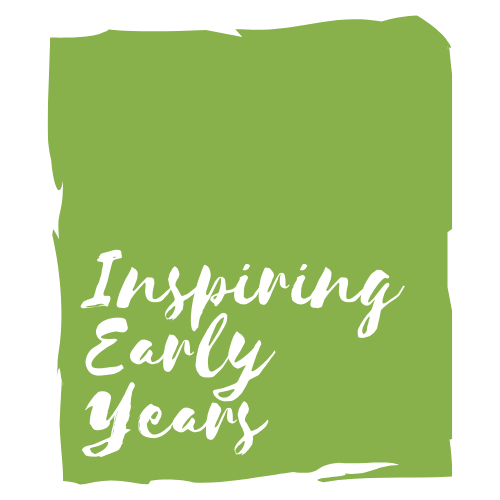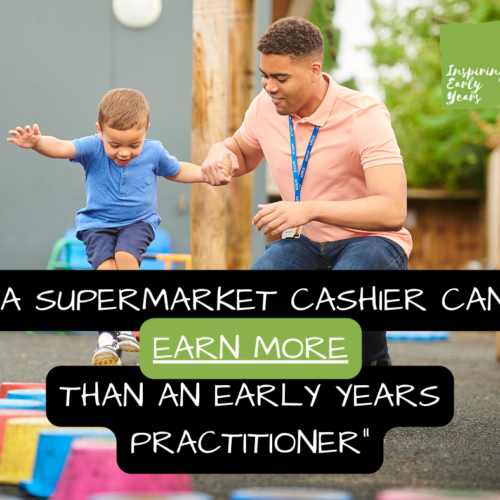How to Foster Language and Communication Development in Young Children
Language and communication development is an essential aspect of a child’s growth. It is crucial to foster language and communication development in young children to ensure that they develop strong communication skills that will be useful throughout their lives. Here are some ways to help foster language and communication development in young children:
Talking to Children
One of the most effective ways to foster language and communication development is by talking to children. Communicating with children from a young age helps them develop language skills and also creates a bond between the child and the caregiver. Engaging in conversations with children helps them learn new words, sentence structure, and grammar. When talking to children, it is important to use a variety of words and encourage them to ask questions. This will help them expand their vocabulary and develop their understanding of language.
Reading Books
Reading books to young children is an excellent way to enhance their language and communication development. When children listen to stories, they learn new words and sentence structures. Reading also sparks imagination and creativity in young children, which is essential for their cognitive development. When reading books, it is important to ask children questions about the story and encourage them to talk about their thoughts and feelings. This will help them develop their language and communication skills and also foster critical thinking skills.
Encouraging Play
Play is an essential activity for young children. Through play, children learn social skills, problem-solving, and communication skills. Encouraging children to play with others helps them develop language and communication skills as they interact with their peers. It is important to provide opportunities for children to play with a variety of toys and games, as this will help them learn new words and concepts. Joining in with children’s play and encouraging them to communicate their ideas and thoughts will also help develop their language and communication skills.
Using Simple Language
When communicating with young children, it is important to use simple language. Simple language helps children understand what is being said and encourages them to communicate back. Using simple language also helps children learn new words and sentence structures. When using simple language, it is important to use correct grammar and sentence structure, as this will help children develop their understanding of language.
Responding to Children
Responding to children’s communication is essential in fostering language and communication development. Responding to children shows them that they are being heard and encourages them to communicate more. It is important to respond to children with positive feedback, which helps build their confidence and self-esteem. When responding to children, it is important to listen actively and encourage them to express their thoughts and feelings. This will help them develop their language and communication skills and also foster a sense of security and trust.
In conclusion, fostering language and communication development in young children is vital for their growth and development. Talking to children, reading books, encouraging play, using simple language, and responding to children are all effective ways to enhance language and communication development in young children. By providing children with a supportive and nurturing environment, we can help them develop strong language and communication skills that will benefit them throughout their lives.


